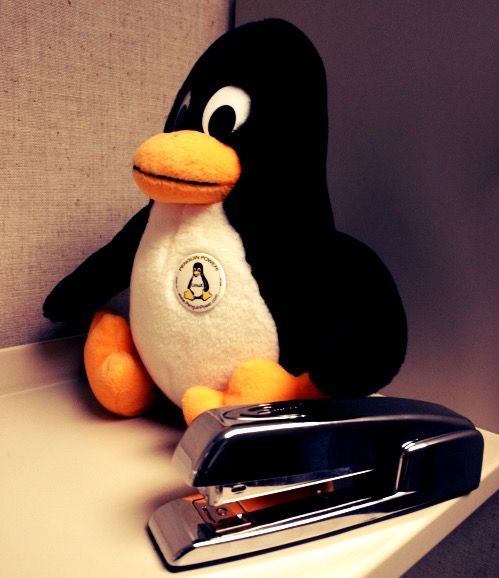This afternoon, on what turned out to be an uncharacteristically summer-like day, I walked toward the veterinarian’s office to see if Mittens the stray survived her fender bender. Turns out the real bender—chug-alug-lug—was the man who first came to our door about the car-struck cat. He walked back from the direction of the vet’s, in socks. No shoes! Sure the day was warm, but not for going down the street in socks.
Turns out he drank up overnight and someone stole his shoes and jacket, or so he claimed, during a blackout. “Could you help me out?” he pleaded. I felt somewhat entangled because of yesterday’s goodwill with the cat. The guy said he couldn’t go back to his “woman” without shoes. I decided to be generous, and gave him a good pair that I don’t wear anymore. He took the shoes and disappeared. I had my misgivings, because sometimes some people take advantage of generosity.











